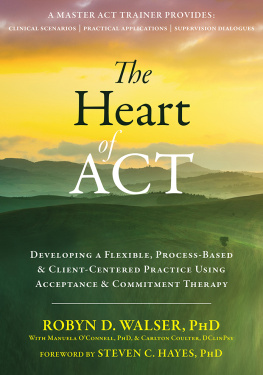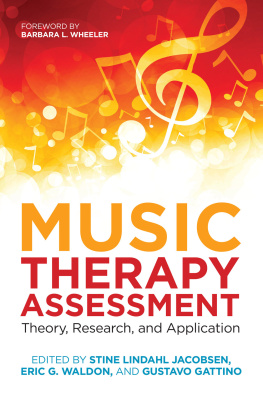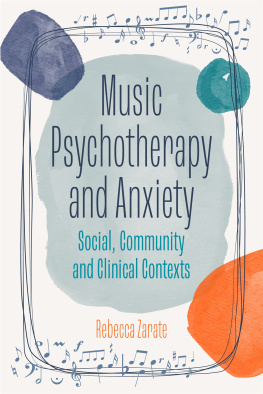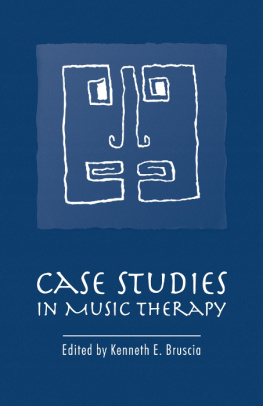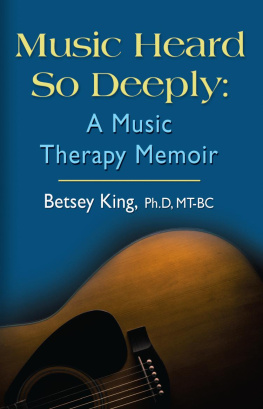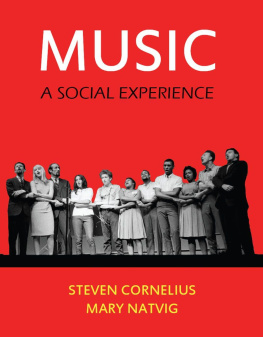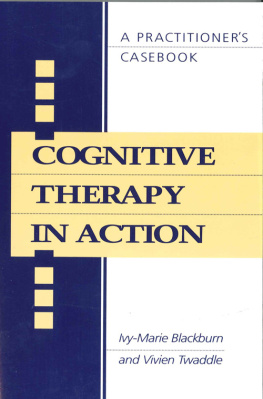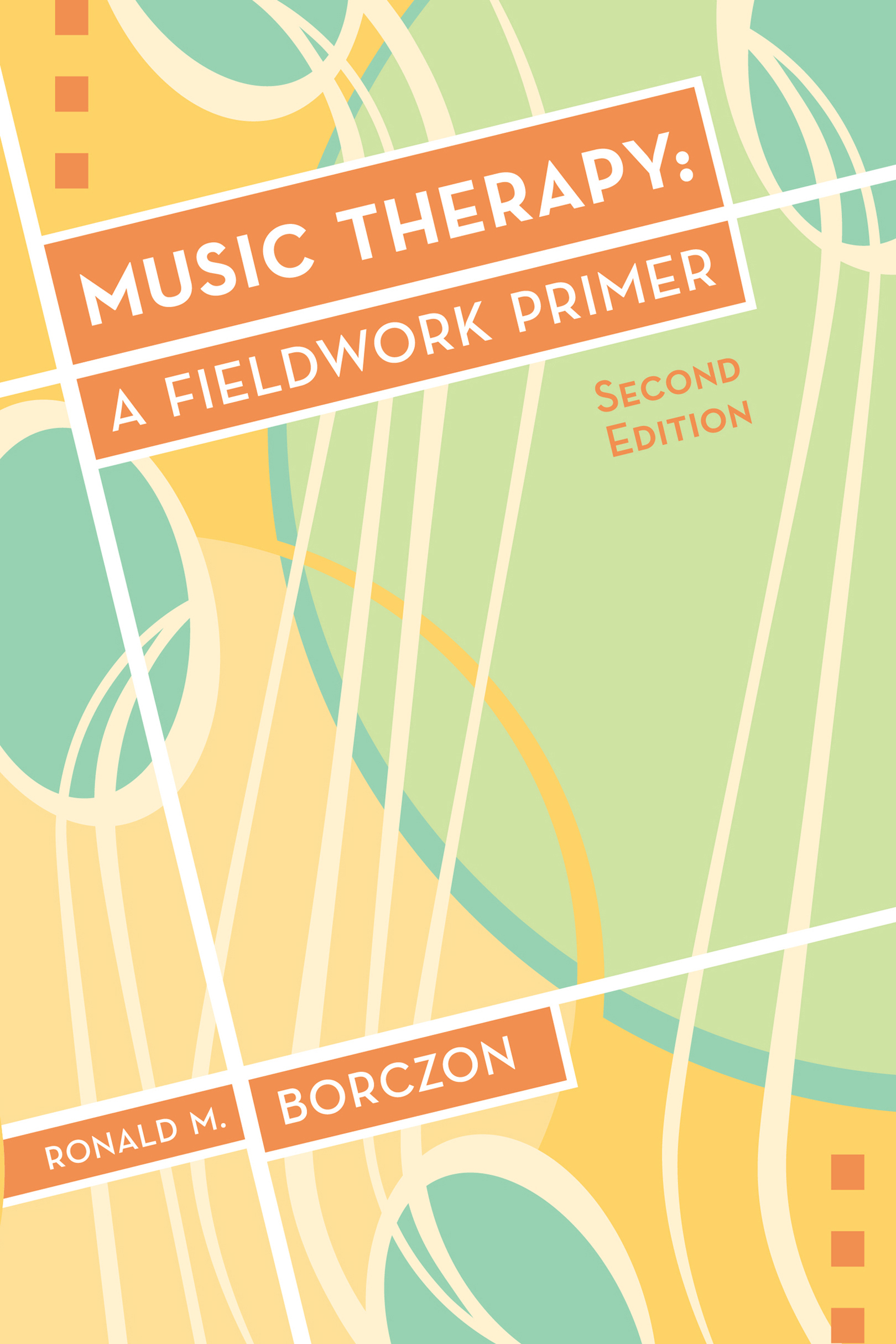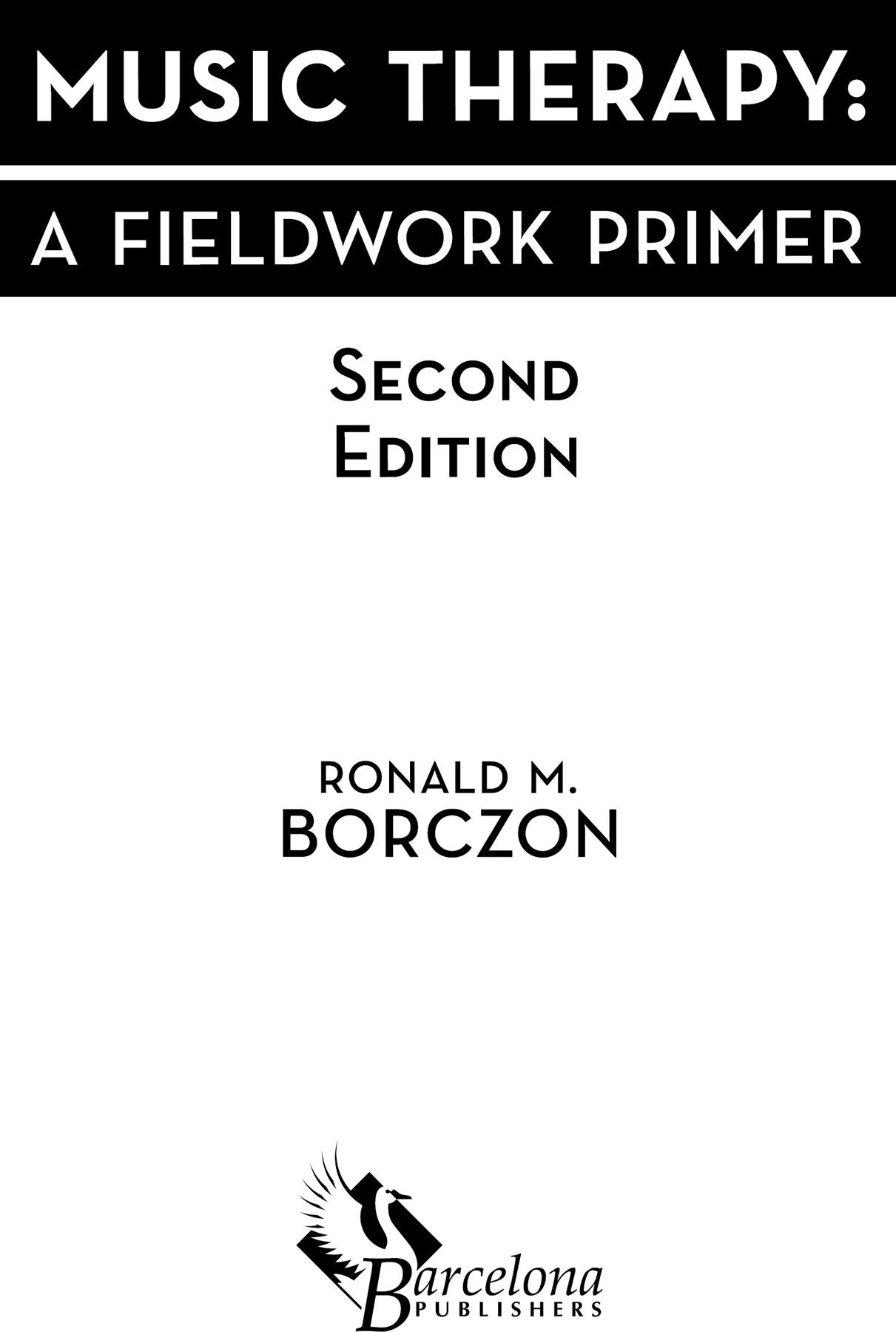DEDICATION
To the memory of my step-father
Stanley Macieukiewicz
ACKNOWLEDGEMENTS
In writing this text I have drawn greatly from my own experience. I have now been a music therapist for over 38 years. Who I have become as a person, musician, and music therapist would not be possible without having shared experiences with other people who in their own unique ways have helped me become who I am today. These people come to mind at different times as I write and my desire to acknowledge them is seated in a place of great gratitude accompanied by the feeling of being fortunate to have such friends, colleagues, teachers, and family.
I am grateful to God for showing me the path and never failing when I stumble.
To the memory of my mom, she was the strongest survivor I have ever known. To my sister Gloria a shining light in a world. Sisters like you have special corners in heaven just waiting for them. To my brother Norm, who suddenly passed away while I was redoing this second edition. There are no words to describe how much you meant to me. If it were not for you, I would not be me.
The guitar has been my other voice and so to my teachers: Bruce Holzman for just being Bruce; Madelyn Trible for pushing me beyond the limits of the guitar; and to Eliot Fisk who demystified Bach for me so I could enjoy him even more.
To the friends who know me so well and still choose to be my friend: Gino Ferrare, Bill Arey, Don Seelinger, Eric Arnaud and John DiAquino. My FSU forever guitar geek buddies: Michael Chapdelaine, Steve Robinson, and Adam Holzman.
To Julie Berghofer, your clinical skills continue to amaze me, but then I realize that these skills are just an offshoot of who you are and I am amazed even more.
To my cousins, Norrie Dunsmore and Sue Kazlauskas you are the best cousins in the whole world.
To my favorite youngest daughter Molly, you are really meant to change the world in some way and I cant wait to see how. To my favorite middle daughter Claire, who has the heart of an angel. And to my favorite oldest daughter Jordyn, the leader of the pack.
To Helen Dolas who is the most positive person I have ever met you epitomize the phrase making lemonade when you are given lemons. Thank you for being in my life.
To the two most influential music therapy educators in my life, Ken Bruscia and Jayne Standley. You both encouraged me in my career and you both have been consummate role models. Your impact on me is passed on to my students, and most importantly, to my clients.
To Carolyn Braddock, an amazing therapist and even more amazing friend.
To my students who have inspired much of this text. May you all touch the lives of your clients with your gifts.
To my golf buddies, Jack Sanders, John Dearman, Brian Tevenan, and Eric Arnaud, I dont know how you can stand sitting in a golf cart with me for over four hours.
Chapter 1
ATTRIBUTES OF A MUSIC THERAPIST

Why Are You in Music Therapy?
When I interview incoming students, I ask them why they want to become a music therapist. They often stumble over this question and come up with an answer that eventually revolves around helping people and their own general experience in music. Once in a while, there is a student who opens up and shares her experience with the power of music in her own life. This conversation usually takes one of two directions. One direction is when I get the sense that the student is unconsciously seeking entrance to this program to get her own issues worked out; the other direction is when the student has gone through a process (possibly involving personal therapy) and is coming into this interview with a mature viewpoint on why she is in the profession. There will probably be a difference between these two students in their educational careers, as one is working more on her own issues and the other is learning how to help others work on theirs. Therefore, having a clear understanding of why youre in the field of music therapy is the first step in becoming a good music therapist. If this understanding is absent, you are on a path without a personal foundation for this profession. You need to know why this is a calling for you, and it is usually more than the I want to help people answer. In working with this word help, Bruscia, in Defining Music Therapy (1998), states:
The therapist is someone who makes a commitment to help another person and to be available (as necessary and appropriate) whenever the person needs or seeks that help. Thus, a therapist is, by definition, the person who provides the help, and the client is the person who receives the help. While this seems blatantly obvious, there is something implied in this statement which needs to be said nevertheless. What makes the helping relationship in therapy a unique one is that it is neither mutual nor reciprocal. That is, it is the therapists responsibility to help the clientit is not the clients responsibility to help the therapist in return. (p. 47)
Another type of response when asked why one wants to go into music therapy is this: I need something to fall back on if I cant make it as a __________________ (performer, songwriter, band member, etc.). This is the most disturbing answer of all because it implies that the student has not really thought about or investigated the field. The student is not aware of the self-discipline required for this work and will not be prepared for the amount of time, effort, and study that is associated with the discipline. Most of these students generally drop the concept of being a music therapist early in the program.
Be clear in your understandingof why you are enteringthe field of music therapy.
Qualities Defined by the American Music Therapy Association
This profession is grounded in personal qualities, musical abilities, and the art of music. In looking at what personal attributes make up a good music therapist, the American Music Therapy Association (AMTA) website (2016) states:
Personal Qualifications of a music therapist include a genuine interest in people and a desire to help others empower themselves. The essence of music therapy practice involves establishing caring and professional relationships with people of all ages and abilities. Empathy, patience, creativity, imagination, openness to new ideas, and understanding of oneself are also important attributes. Because music therapists are musicians as well as therapists, a background in and love of music are also essential. Individuals considering a career in music therapy are advised to gain experience through volunteer opportunities or summer work in nursing homes, camps for children with disabilities, and other settings which serve the needs of people with disabilities.


